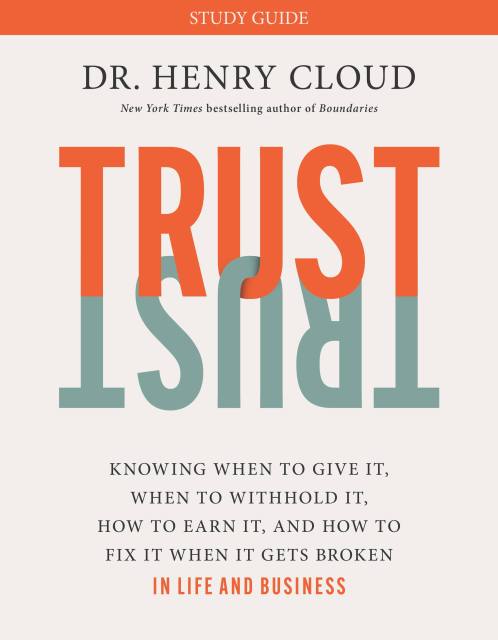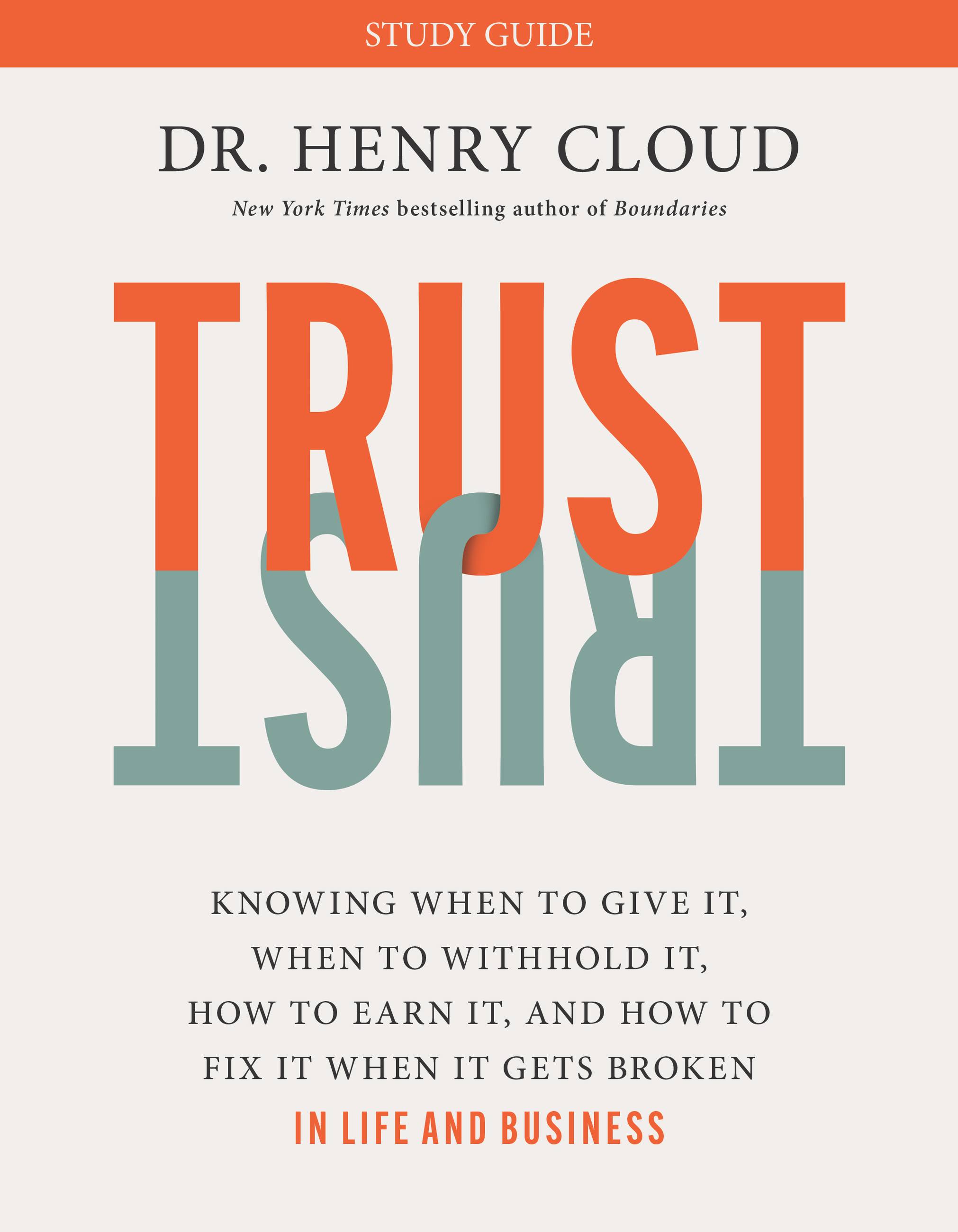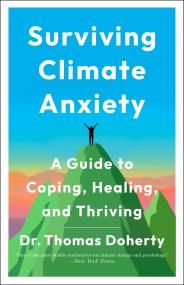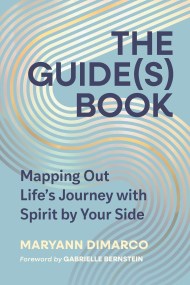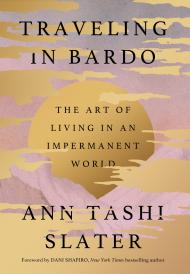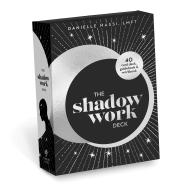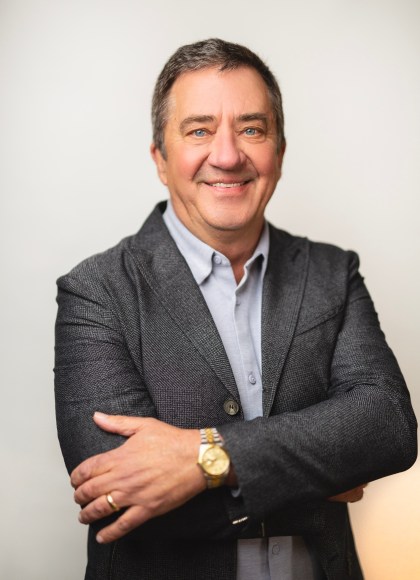By clicking “Accept,” you agree to the use of cookies and similar technologies on your device as set forth in our Cookie Policy and our Privacy Policy. Please note that certain cookies are essential for this website to function properly and do not require user consent to be deployed.
Trust
Knowing When to Give It, When to Withhold It, How to Earn It, and How to Fix It When It Gets Broken
Contributors
Formats and Prices
- On Sale
- Mar 28, 2023
- Page Count
- 320 pages
- Publisher
- Worthy Books
- ISBN-13
- 9781546003403
Price
$14.99Price
$19.99 CADFormat
Format:
This item is a preorder. Your payment method will be charged immediately, and the product is expected to ship on or around March 28, 2023. This date is subject to change due to shipping delays beyond our control.
Buy from Other Retailers:
New York Times bestselling author, psychologist, and leadership expert Henry Cloud equips us to understand and manage trust for successful relationships through five foundational aspects.
Trust is the fuel for all of life. We are wired biologically, neurologically, emotionally, spiritually, and psychologically to trust. Trust is the currency that drives every relationship, beginning with the foundational bond between infants and their mothers, extending to the trust networks that undergird every human endeavor – art, science, commerce – and binding together every relationship we have ever had or ever will have. Nothing in our world works without trust.
It is tempting to think that trust is simple, that we should be able to spot a lack of trustworthiness relatively easily. But we all have our stories about misplaced trust. We either missed clear or subtle warning signs or there just were not any warning signs to see. Everything looked good on the surface, and maybe it was. But we got burned anyway.
And sometimes we struggle to earn and keep the trust of those around us when trust bonds fail to form or are broken. When trust breaks down, so does our ability to move forward.
Dr. Cloud explores the five foundational aspects of trust that must be present for any relationship to function successfully and helps us to understand how to implement them. He also guides us through the difficult process of repairing trust when it has been violated and broken, even when restoring trust feels impossible.
Rich with wisdom drawn from decades of experience in clinical practice, business consulting and research, Trust is the ultimate resource for managing this most complex and fundamental of human bonds, allowing us to experience more fruitful and rewarding relationships in every area of our lives.
Newsletter Signup
By clicking ‘Sign Up,’ I acknowledge that I have read and agree to Hachette Book Group’s Privacy Policy and Terms of Use
